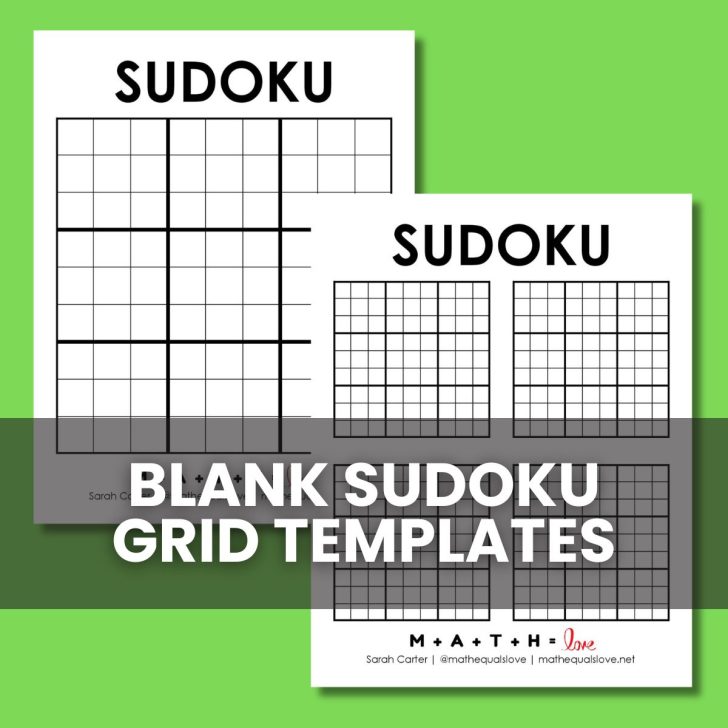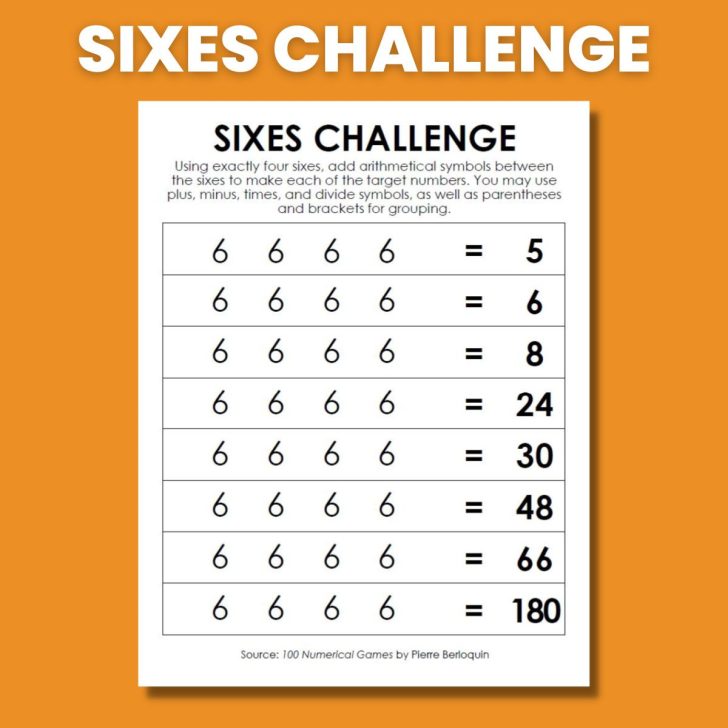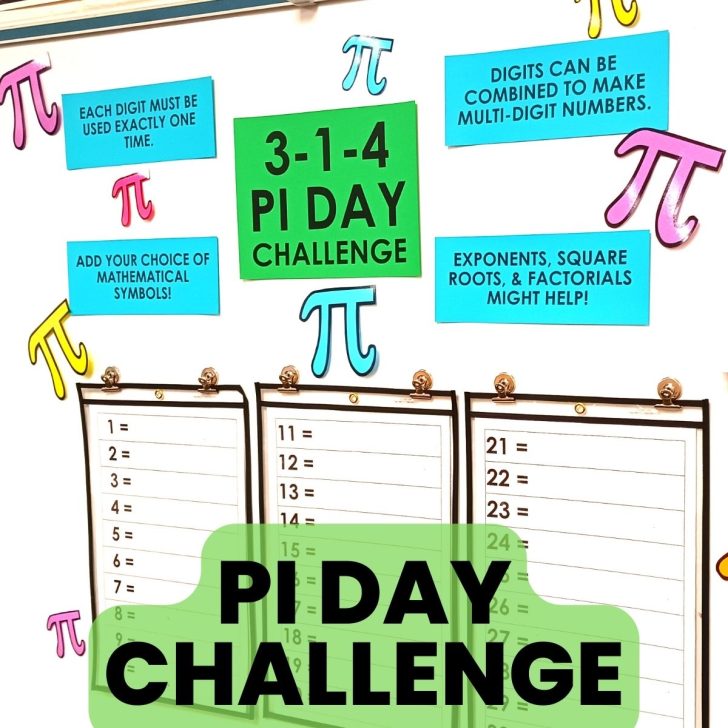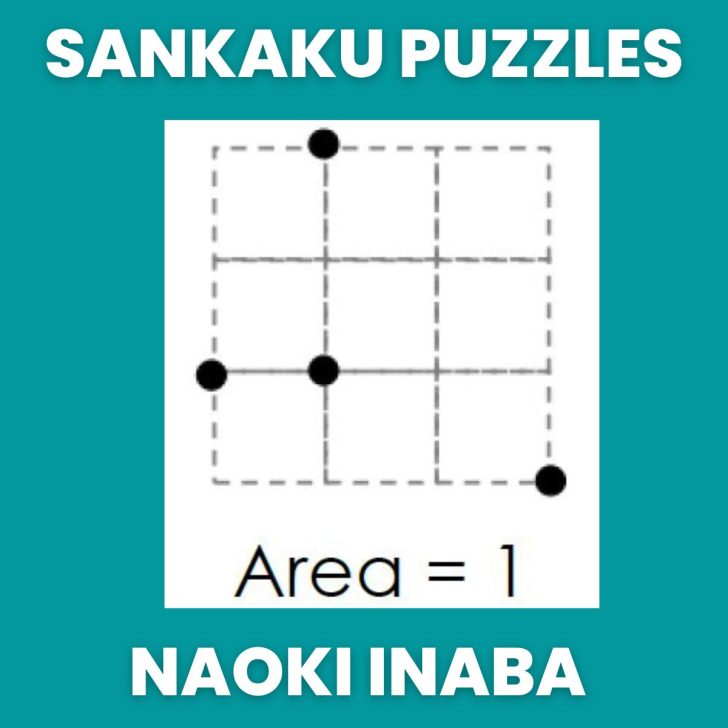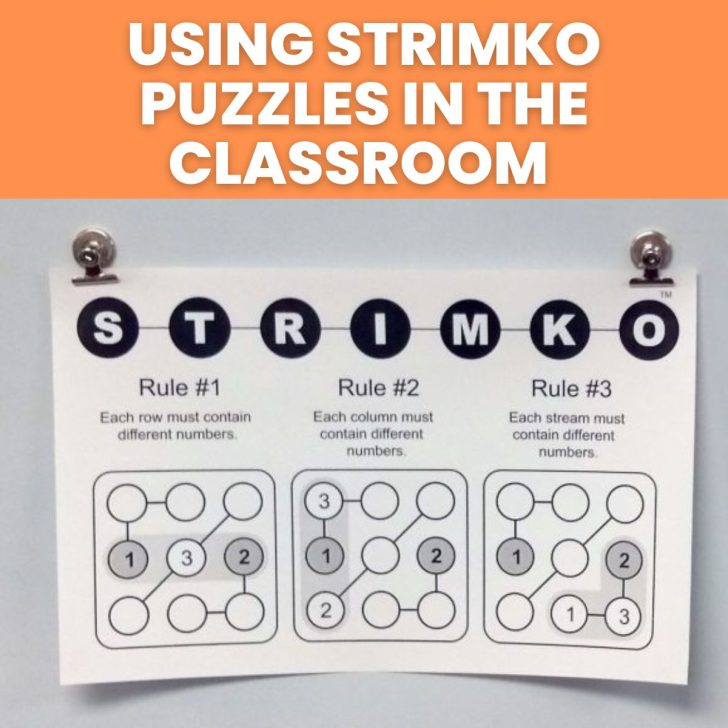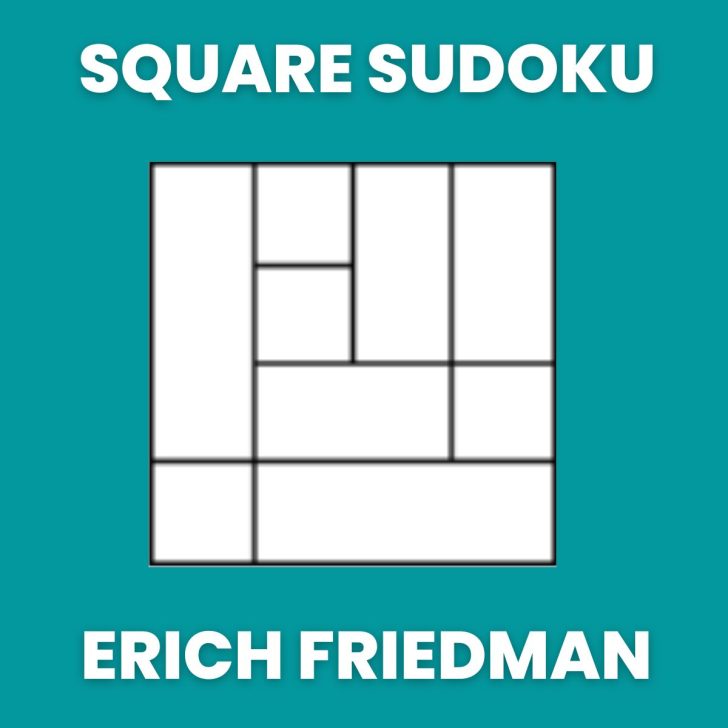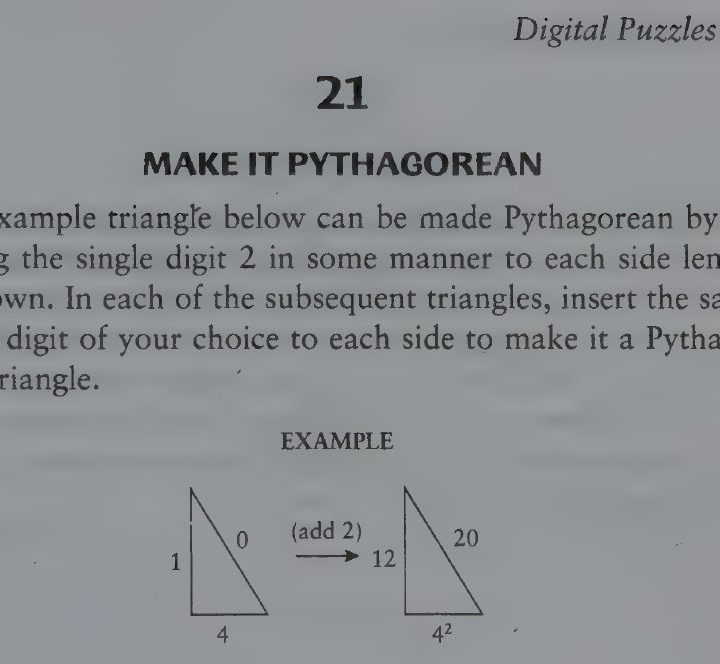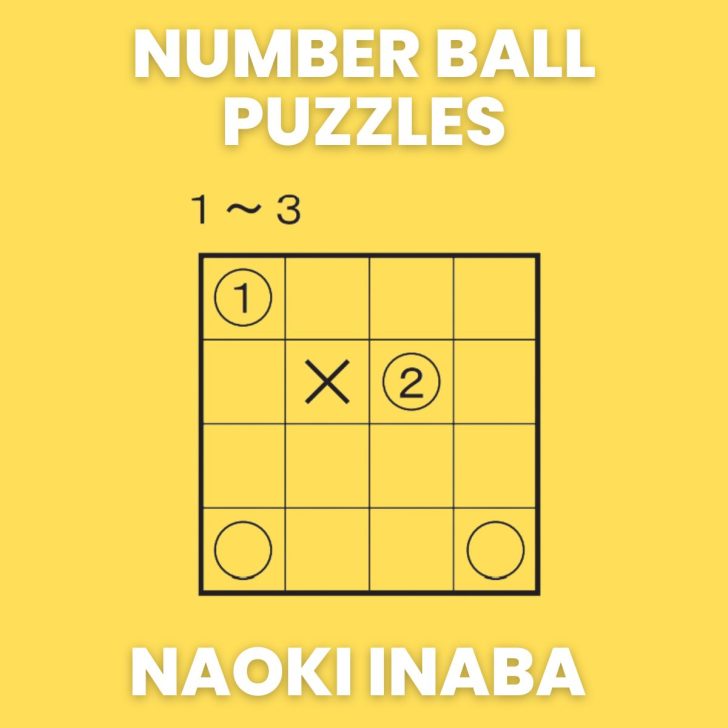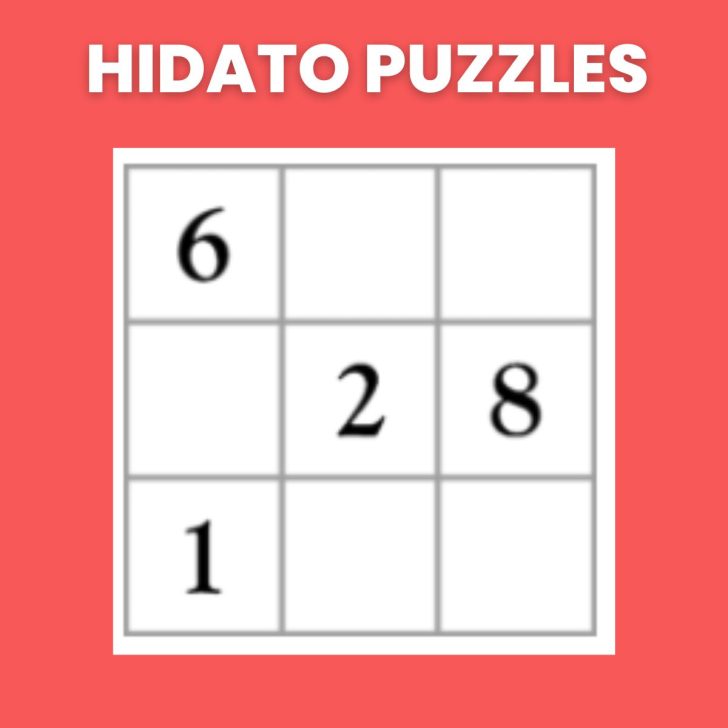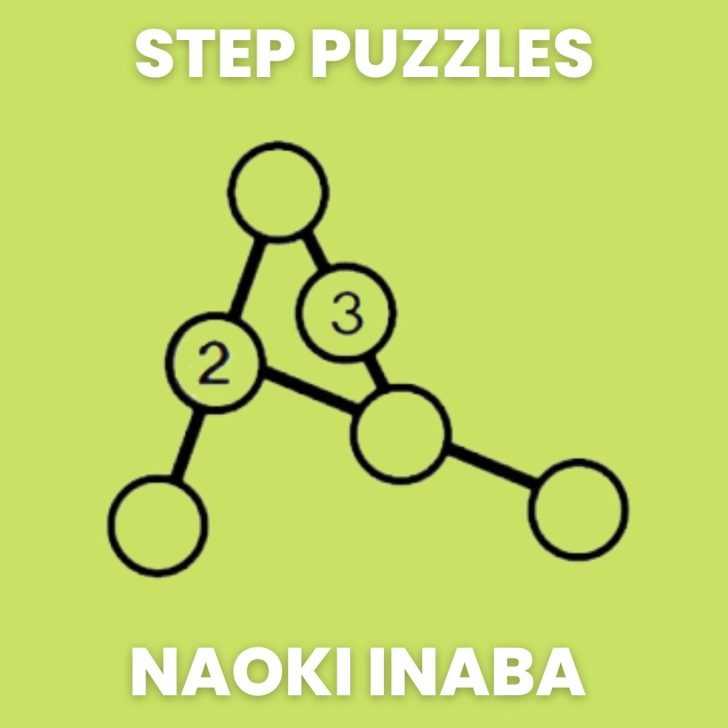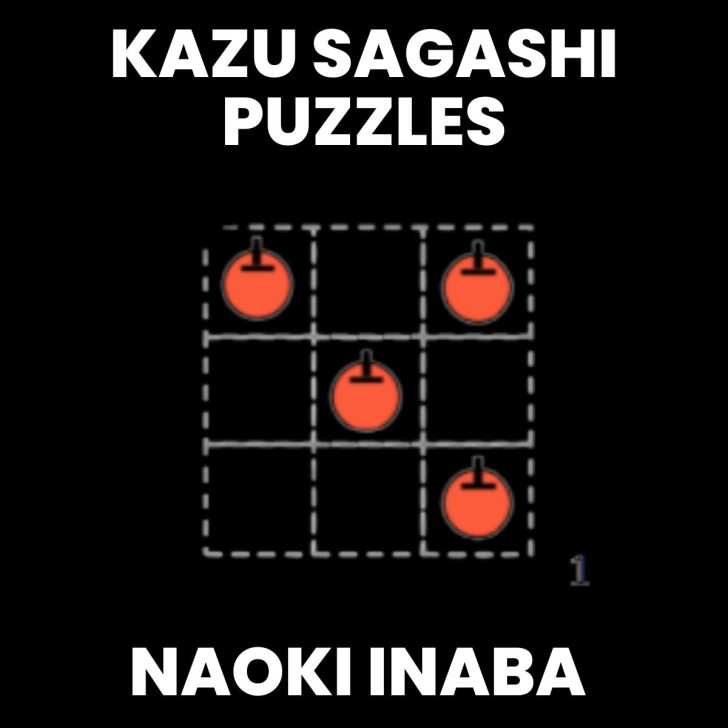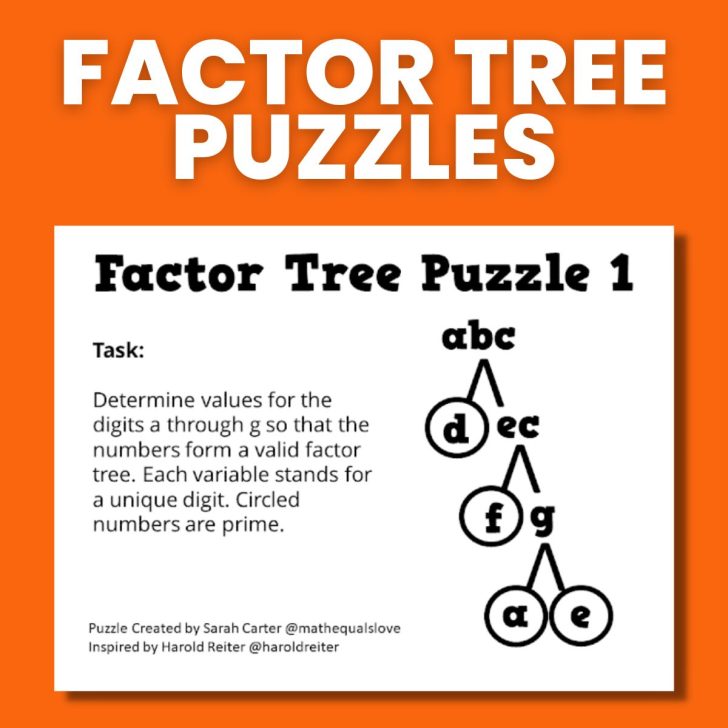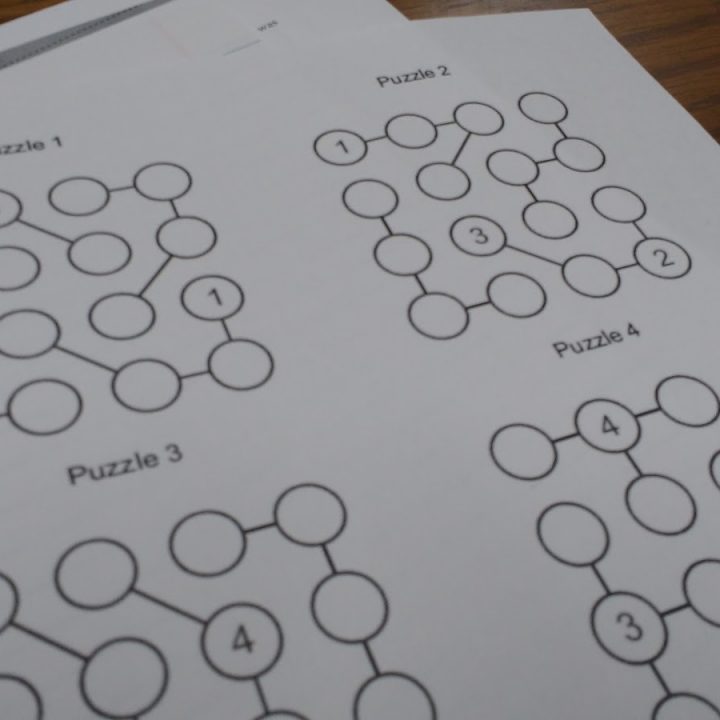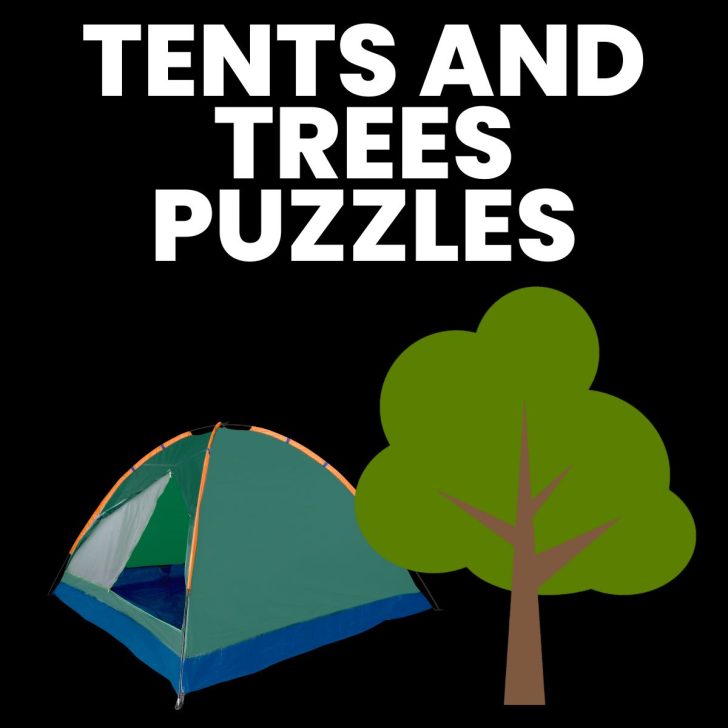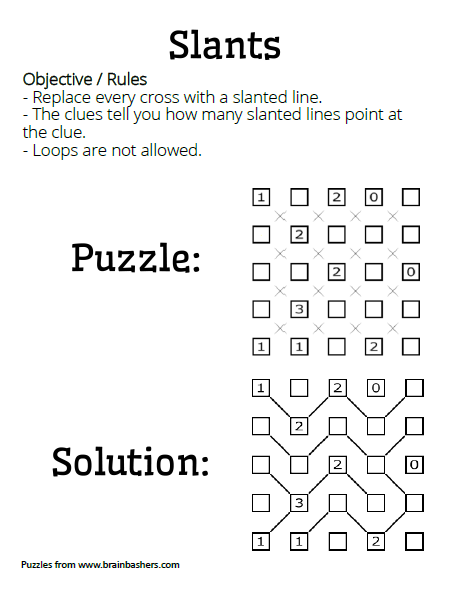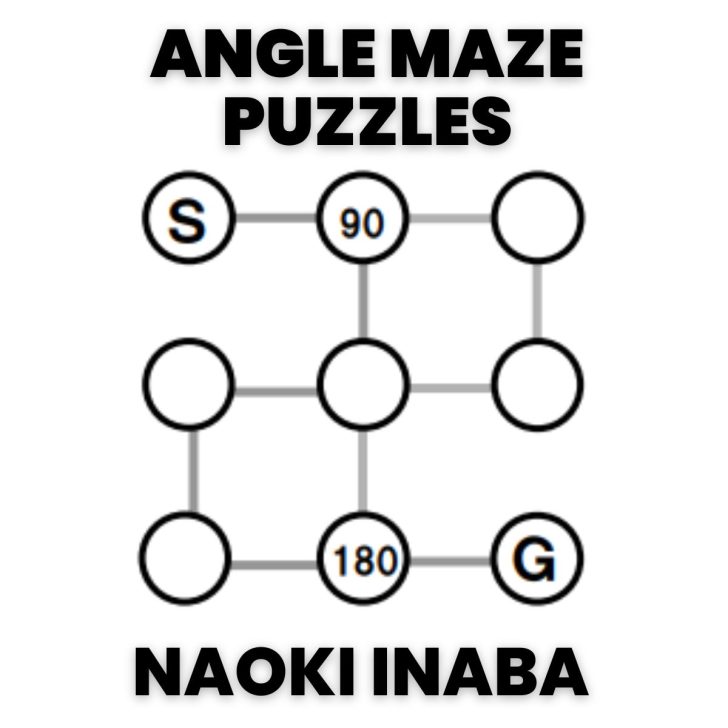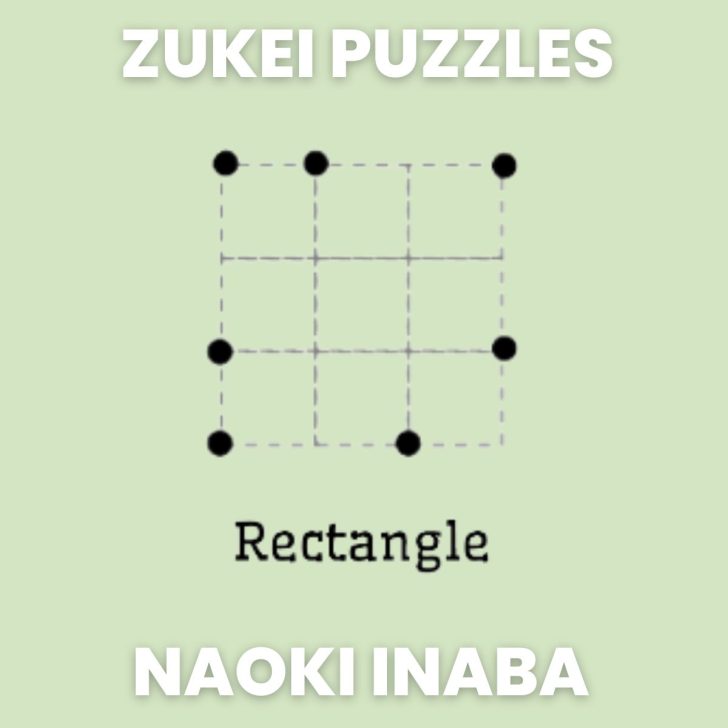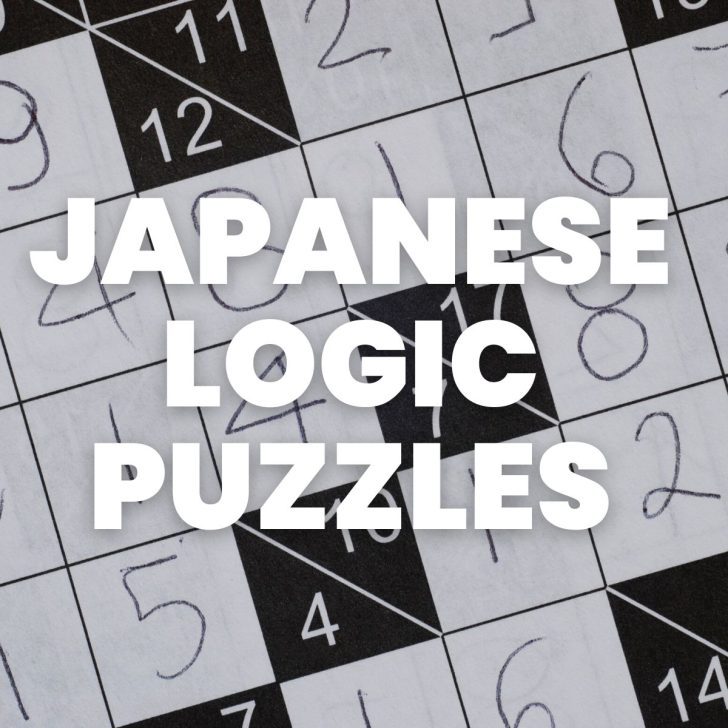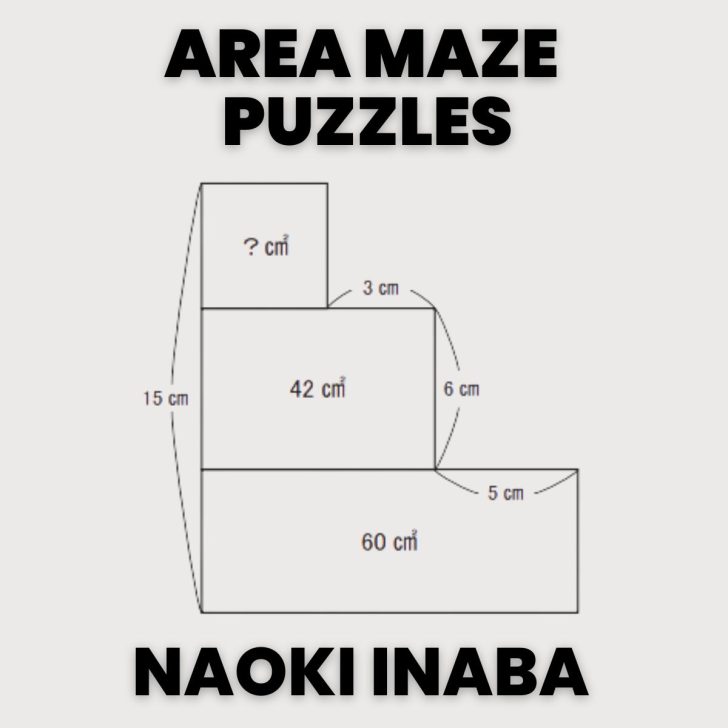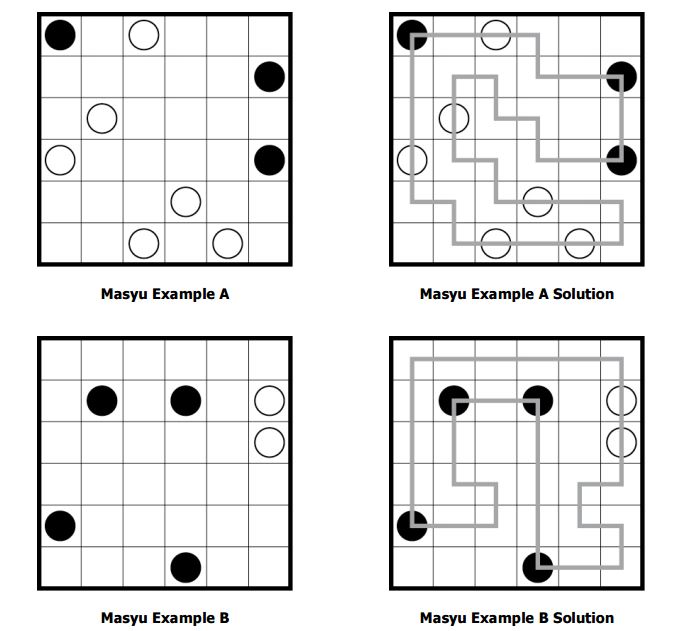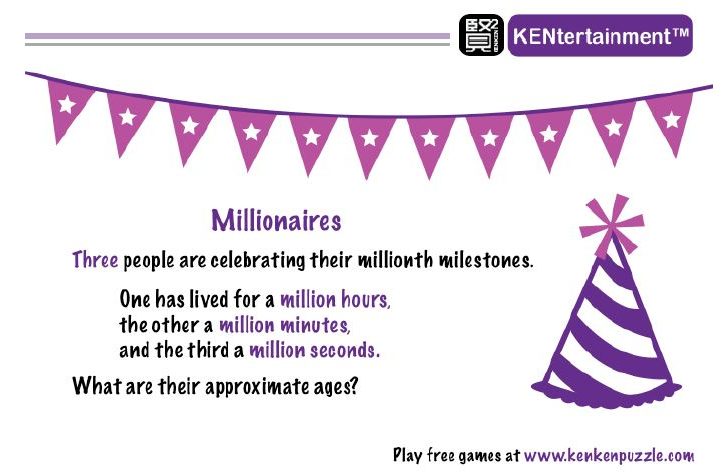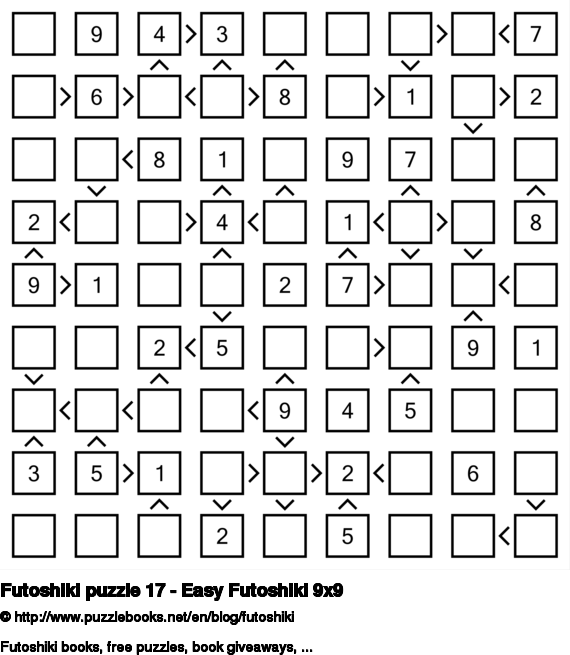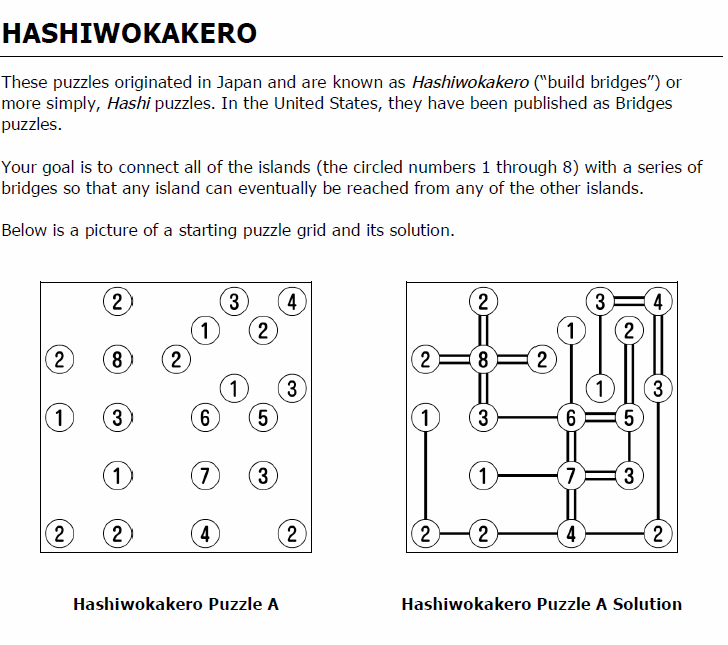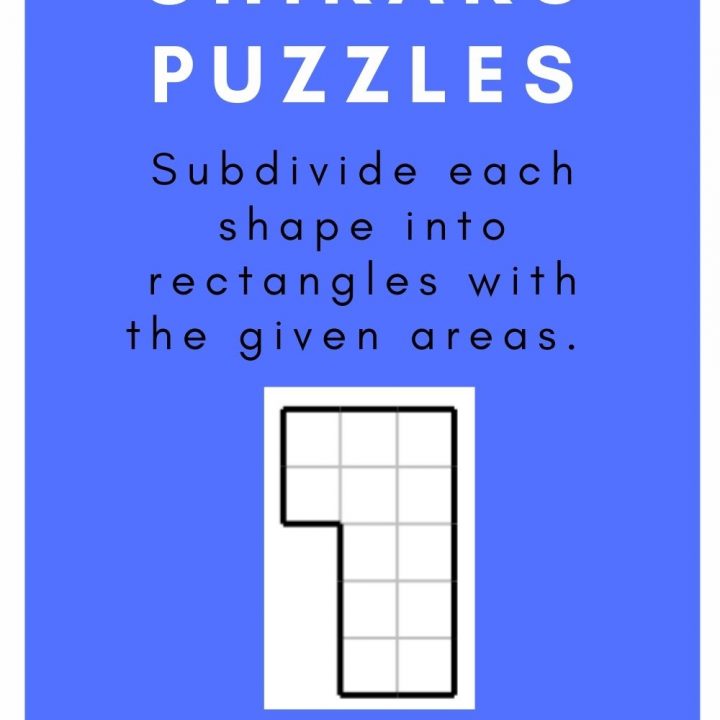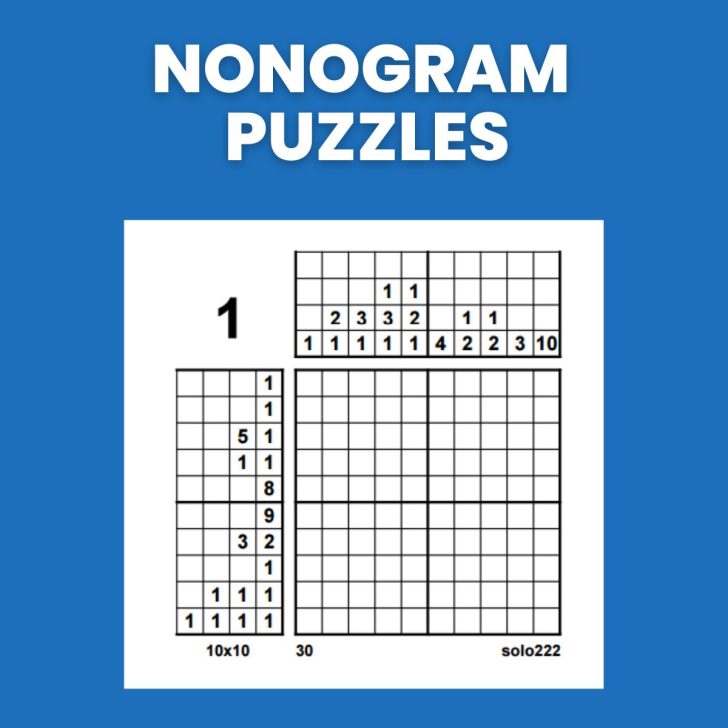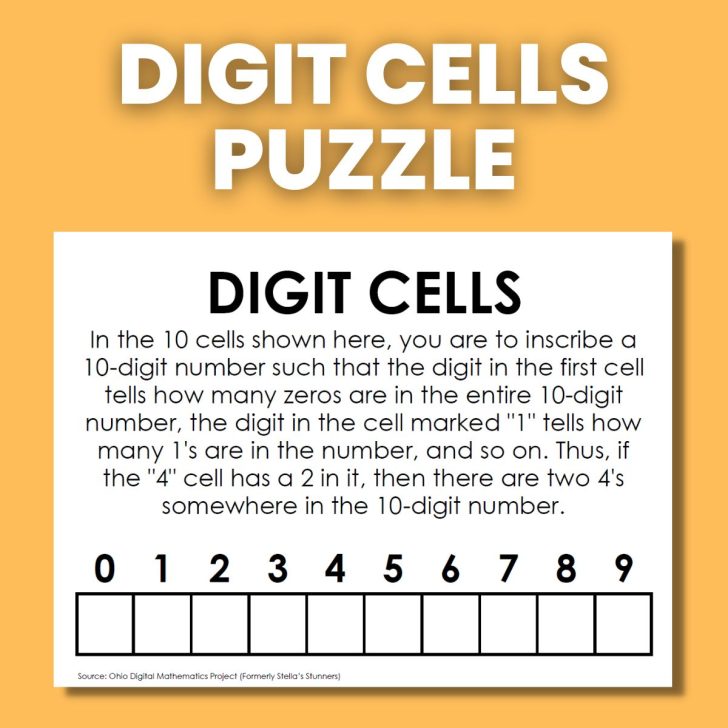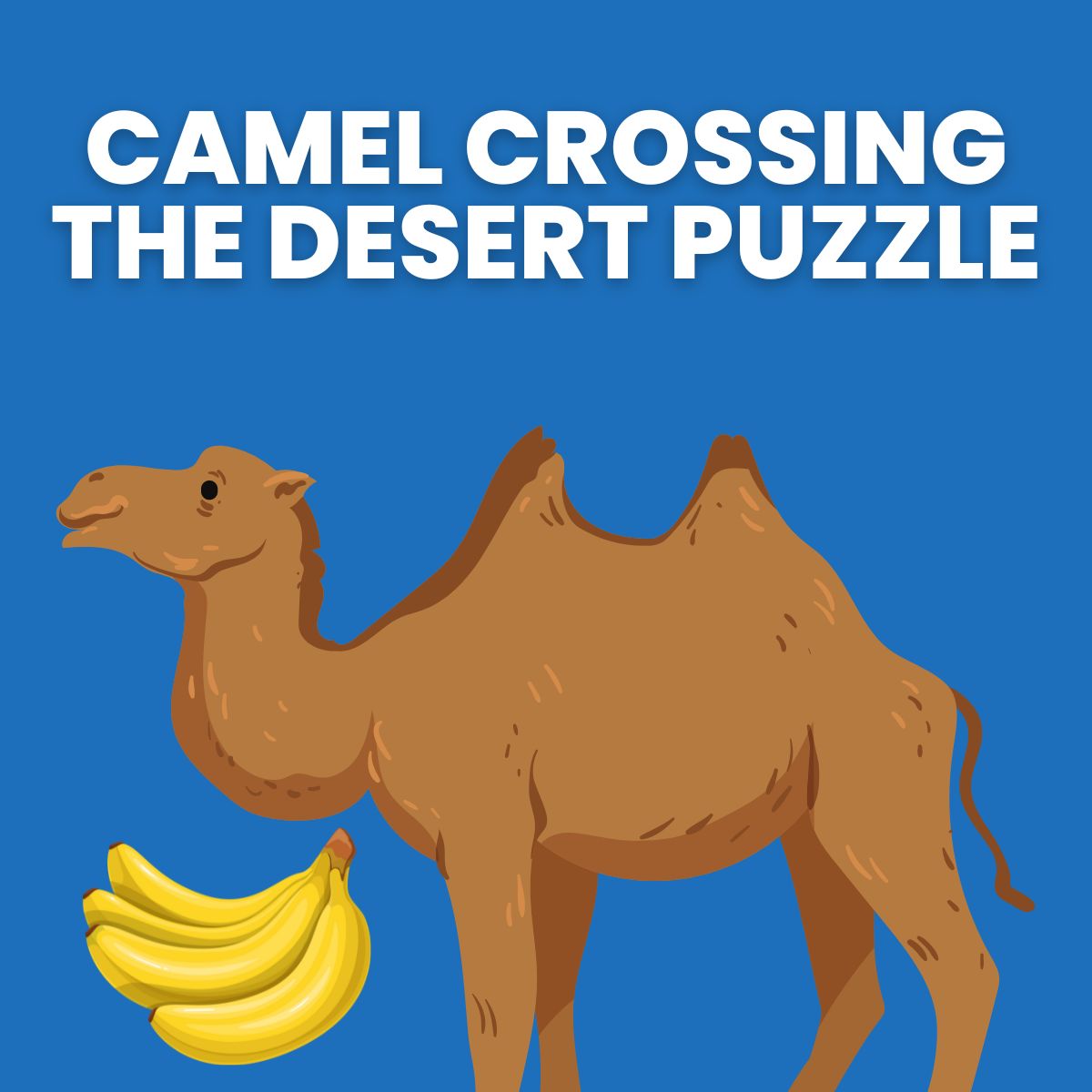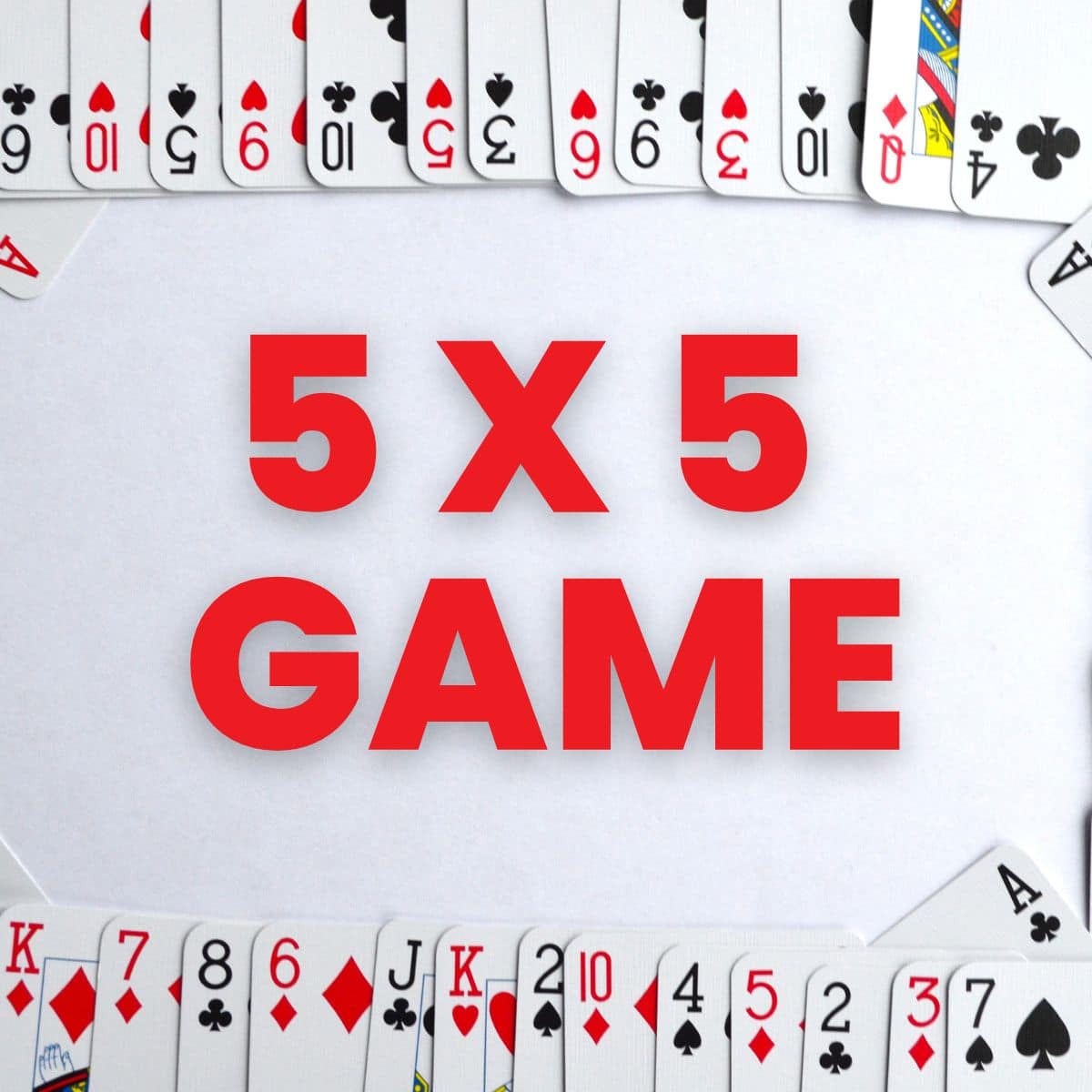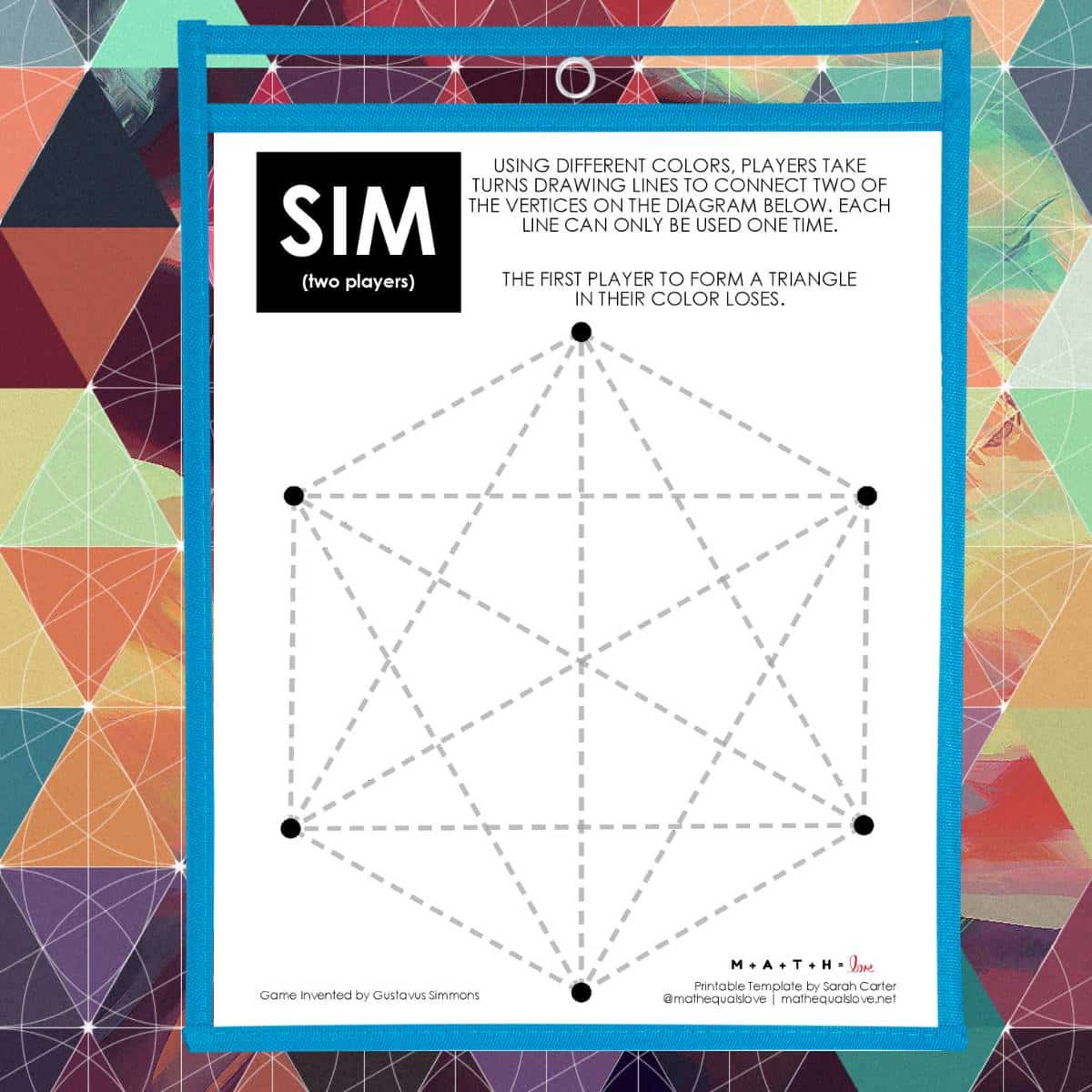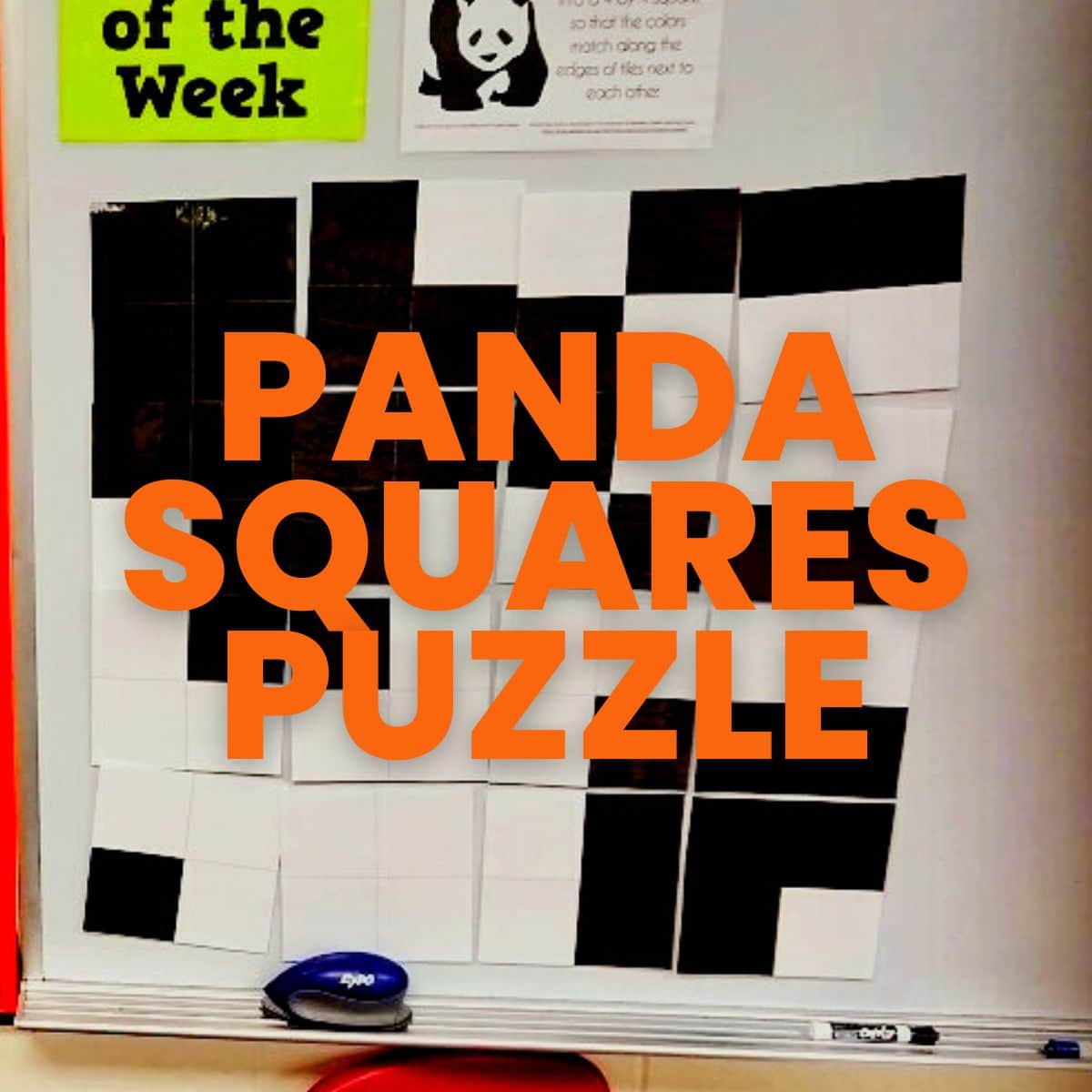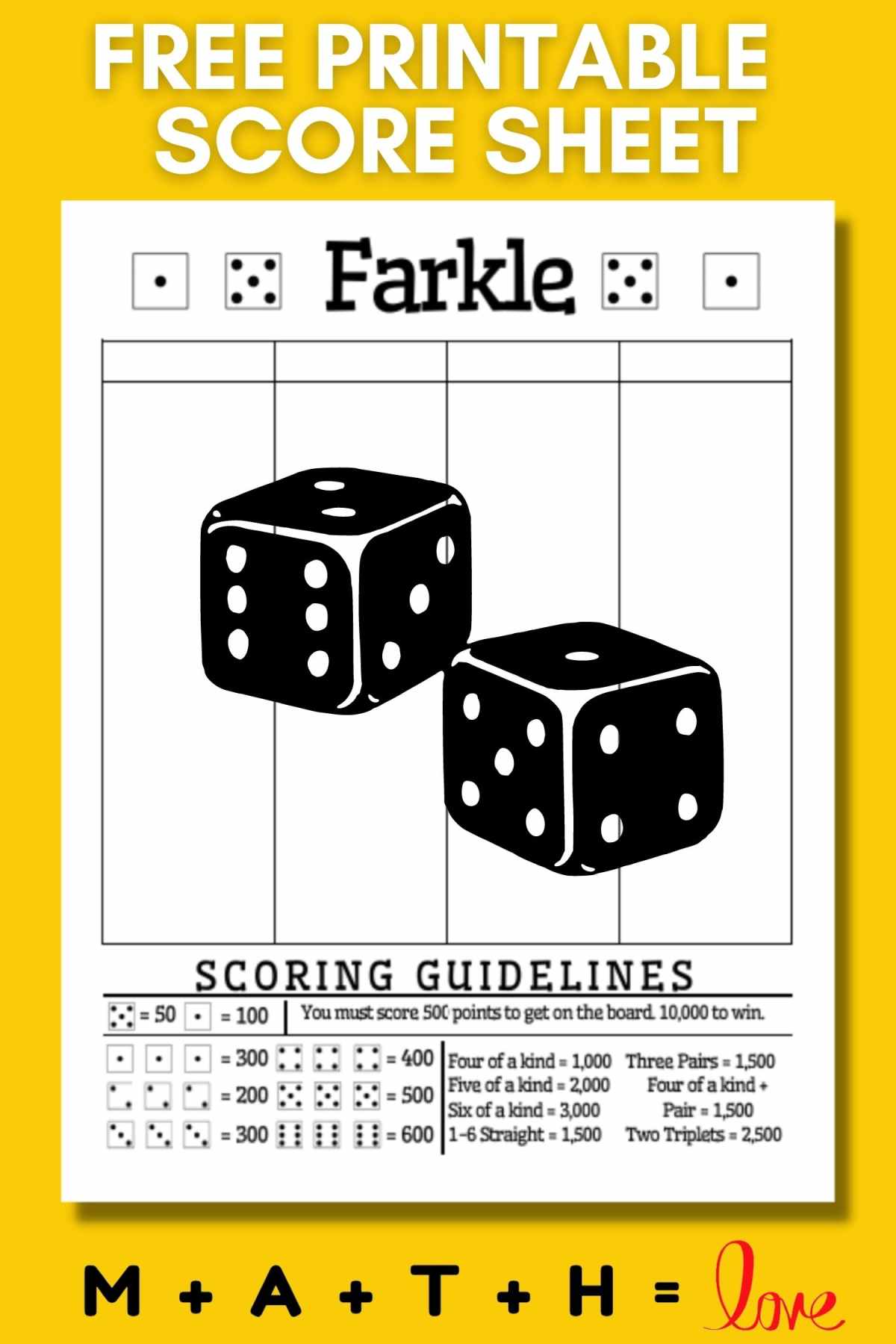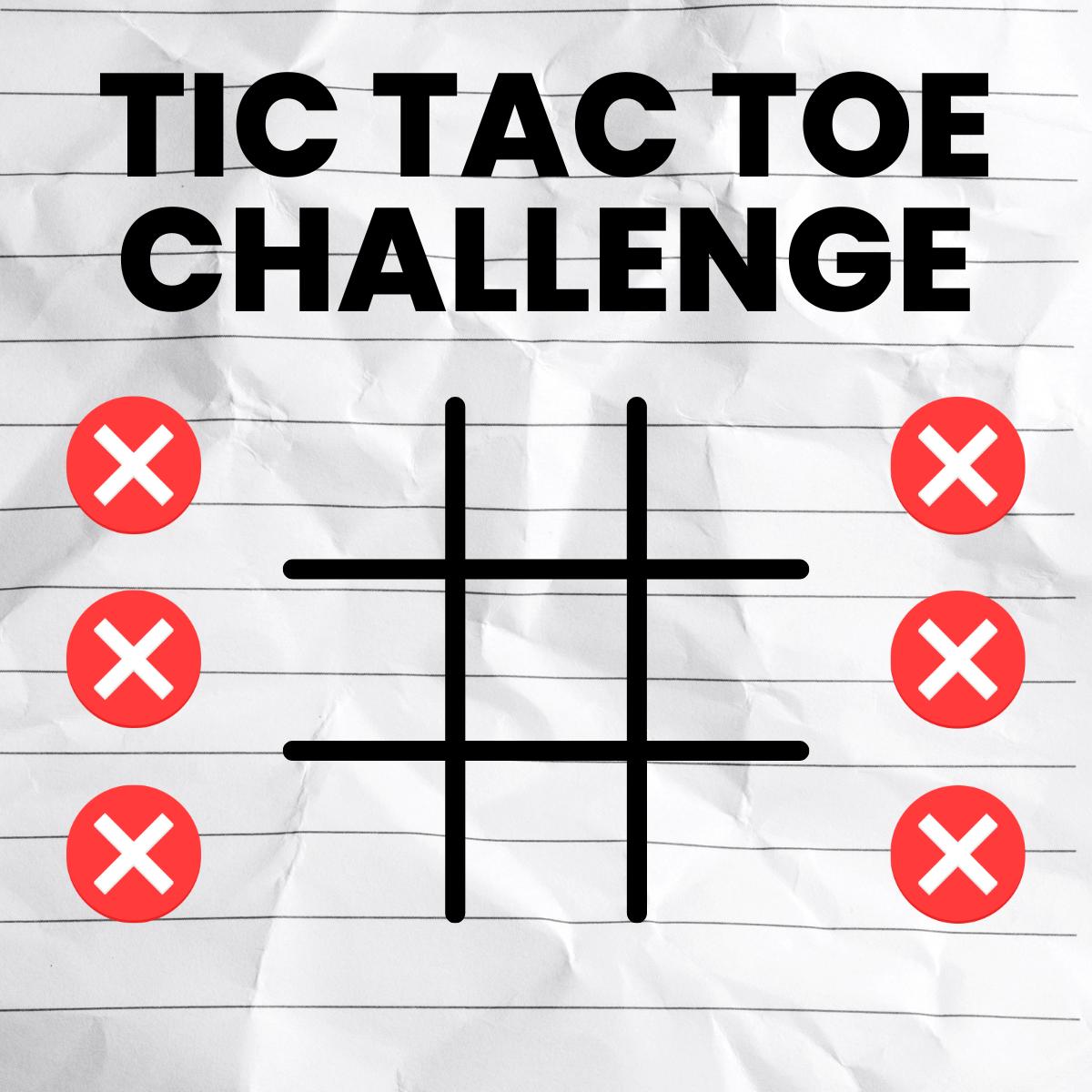52 Fun End of Year Activities for Math Class
This blog post contains Amazon affiliate links. As an Amazon Associate, I earn a small commission from qualifying purchases.
Want to check out my favorite Amazon items for the classroom? Check out my Amazon favorites page!
Finish the year strong with this collection of end of year activities for math class. These fun end of year math activities will keep students’ brains active until the very last day. The activities included here can be used with students at almost any grade level including upper elementary school, middle school, and high school.
Are you tasked with teaching summer school? These activities would also make a great addition to any summer school math curriculum!
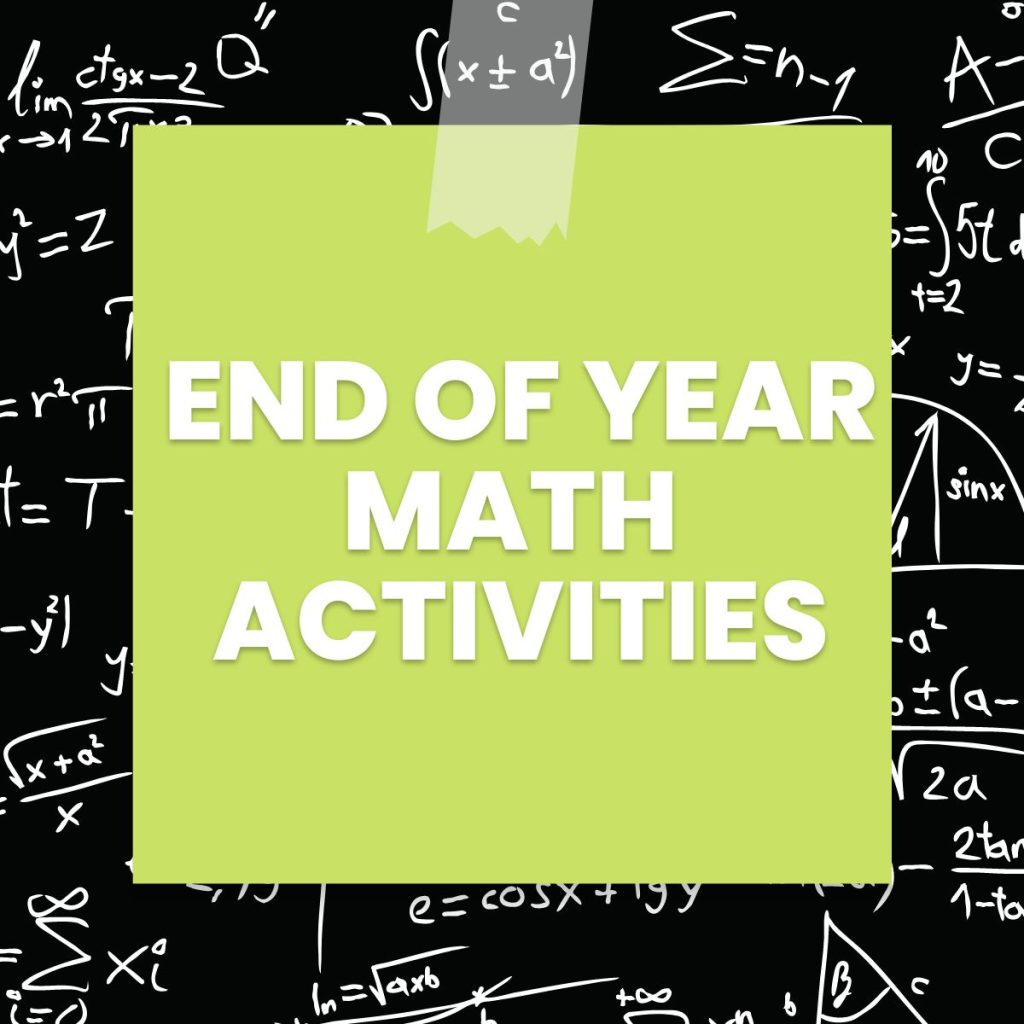
Here in Oklahoma, the school year has come to an end. Given that some states still have a month or so left of school, I guess it’s not too late to share this round-up of end of year activities for math class.
The last few weeks of school are filled with awards assemblies, fun days, final exams, and technology turn-in days. Though I try to continue teaching content as long as possible (much to my students’ dismay), I still find myself needing a fair number of one-off lessons to keep students engaged and occupied on those days when I only end up seeing one or two of six classes on a given day.
Over my last ten years in the classroom, I’ve put together quite a list of different end-of-year math activities, so I decided it was time to put them together all in one place here on my blog.
With 52 different things to choose from, I can almost guarantee that you will find the perfect end of year math activity for your class somewhere in this post.
STEM Building Challenges
These STEM building challenges are a fun way to get students working in small groups toward a common goal while practicing perseverance.
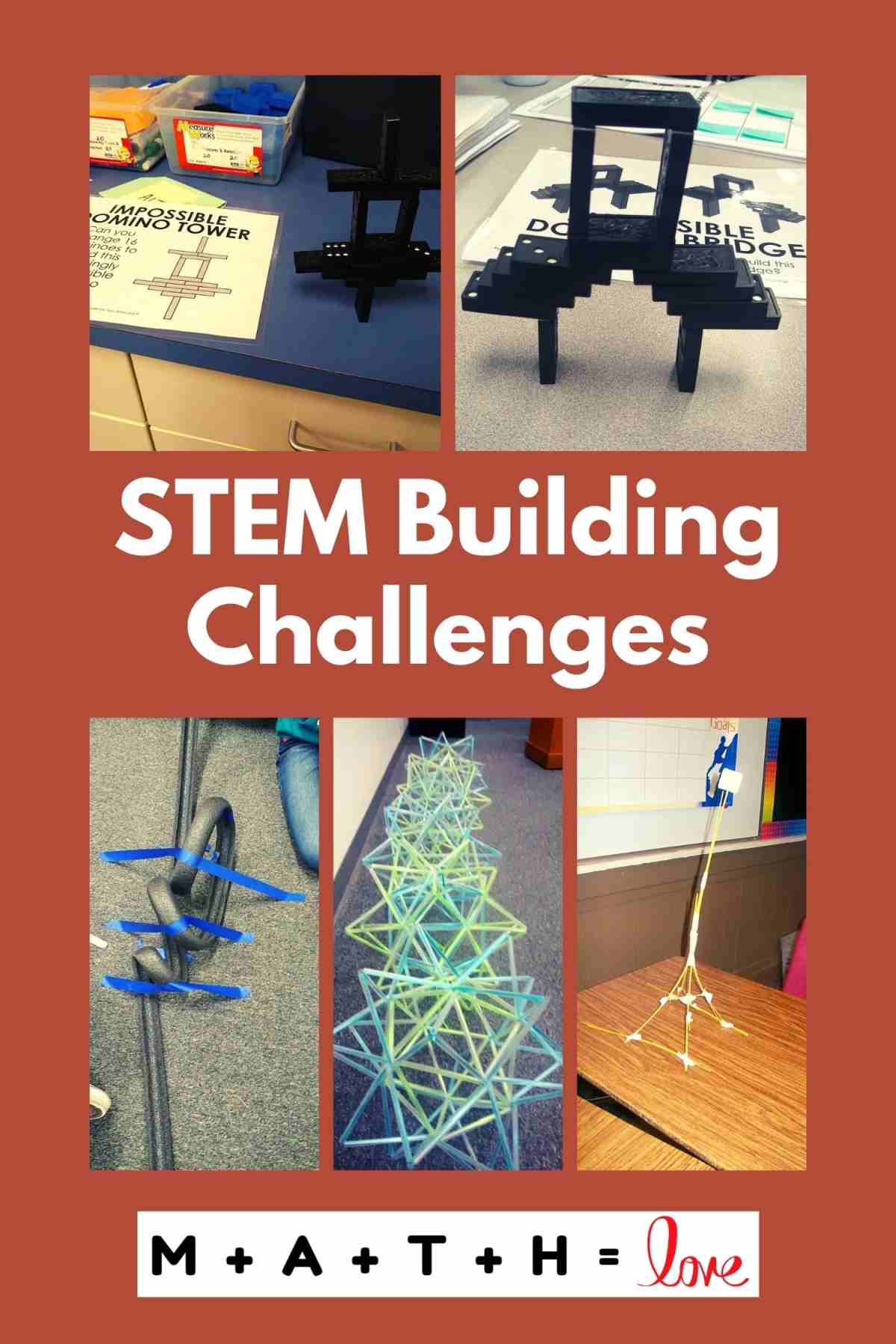
Impossible Domino Tower
If you have access to a box of dominoes, you can definitely keep students busy for a while with the Impossible Domino Tower challenge from Ivan Moscovich. The challenge is definitely not impossible, but it will definitely appear that way to students at the beginning. I love watching students tackle this STEM building challenge as they try different approaches.
Impossible Domino Bridge
The Impossible Domino Bridge is similar to the Impossible Domino Tower challenge. This challenge also comes from Ivan Moscovich, and it only requires a box of dominoes for students to complete.
Marble Roller Coasters
Years ago, when I was teaching physical science, I had my students build marble roller coasters using pipe insulation (super cheap at a hardware store like Lowe’s), marbles, and tape. This would make a great end of year activity as well. Students love the thrill of trying different designs and seeing what sort of crazy designs they can create.
Stellated Icosahedron Straw Art
If you want to keep students busy for an extended period of time, challenge them to build stellated icosahedrons from clear plastic straws and curling ribbon. Janelle Graham shares step-by-step directions and tons of tips for doing this fun hands-on project with your students.
Marshmallow Challenge
I typically use the Marshmallow Challenge with students as a team-building activity at the beginning of the year, but it would also make a great STEM building challenge for the end of the school year as well. How tall of a tower can your students build using spaghetti and tape? Oh, did I mention that the tower needs to support a marshmallow at the very top?
Games
If you have a collection of board games in your classroom, the end of the school year is definitely a great time of year to pull them out. These games make awesome end of year math activities because students won’t even realize they are learning new things!
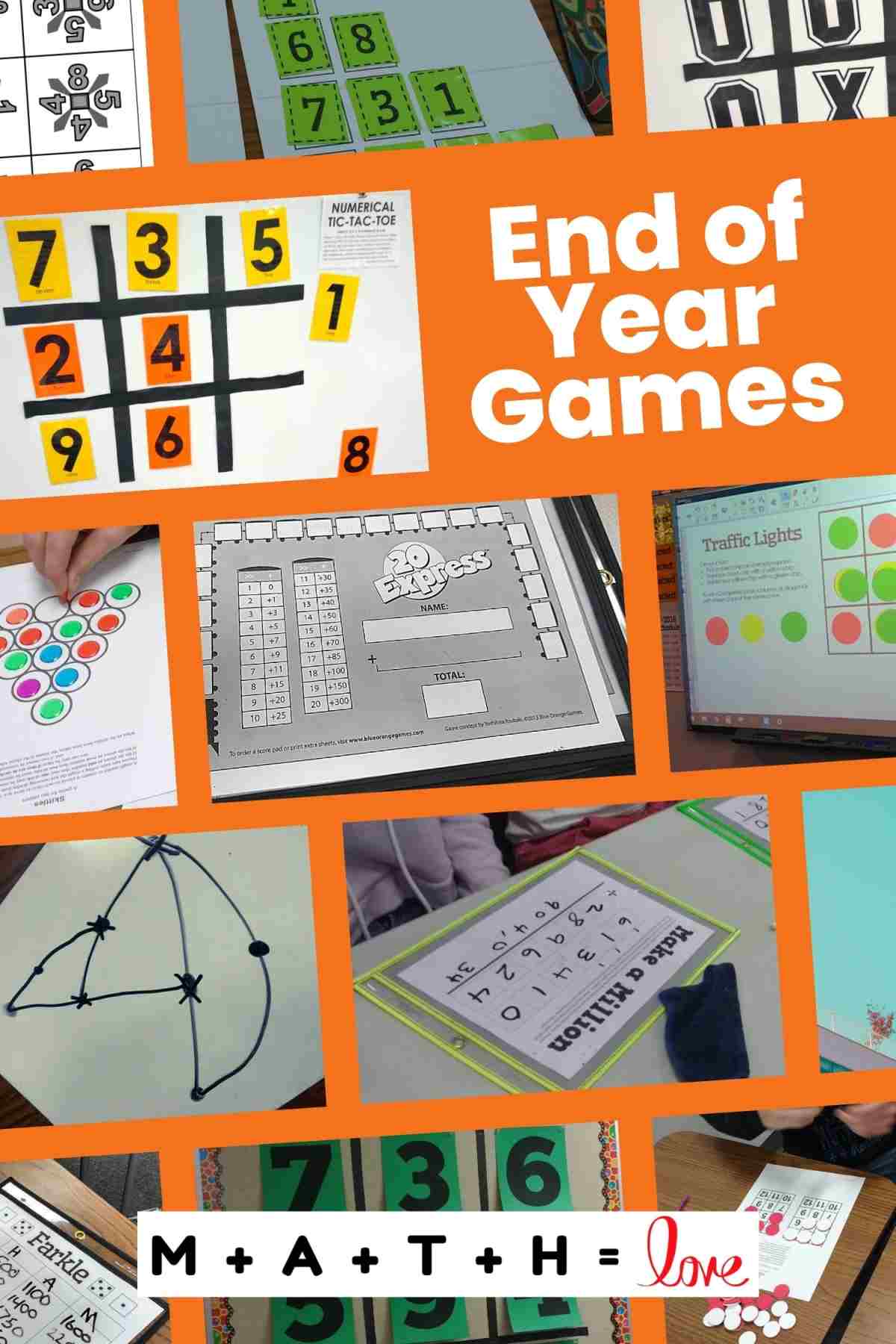
Train Game
The Train Game (20 Express) is one of my go-to activities for the first week of school. If you played this game with students at the beginning of the year, it would be a lot of fun to revisit the game again at the end of the school year. If you didn’t play the game with students, the end of the school year is the perfect time to introduce a new game. I use dry erase pockets with the game boards so that I only have to print a single class set of game boards.
If you don’t have a classroom set of dry erase pockets, you could also use heavy duty sheet protectors. But, I highly recommend investing in a classroom set of the pockets since they are so much more durable.
Make a Million Math Game
Julie Morgan’s Make a Million Game is a fun dice-based game that encourages critical thinking about place value. You will need a 10-sided die in order to generate the digits for students to place on their game boards. Like the Train Game, I print a class set of game boards and give them to students in a dry erase pocket.
Traffic Lights Game
Traffic Lights is a fun game from NRICH which is easy to teach students but hard to master. You will need red, yellow, and green bingo chips for students to play with. You could also cut up sheets of red, yellow, and green paper to make playing pieces if you need to.
The Game of SET
During the next to last week of school this year, I taught my statistics students to play the Game of SET. I originally learned how to play at a Math Teachers’ Circle event. The rules can be a bit tricky for students to wrap their minds around at first, but Greta Bergman’s Desmos Activity Builder introduction to the Game of SET is brilliant!
Sprouts
Sprouts is a fun paper-and-pencil math game, but I usually teach my students to play Sprouts with individual dry erase boards. Students love competing against one another in this simple game that only involves drawing dots and lines.
Cover Up Game
Cover Up is a free printable dice-based game from Frank Tapson. Students play against one another in pairs. Each student gets a game board featuring the numbers from 1 to 12. They must race to roll the dice and be the first to cover up their entire game board with either bingo chips or two-colored counters. This game would make a great addition to a unit on probability or as a stand-alone game at the end of the school year.
Skittles Game
Skittles is another fun two-player game from Frank Tapson. Like Cover Up, the game of Skittles also involves rolling dice. However, the students must share a game board, and the goal of the game is to remove the most counters (I typically use bingo chips) from the game board.
Manifest Game
If dice games aren’t your thing, check out this card-based game from Frank Tapson called Manifest. This game is designed for two players, and students must compete to see who can build the largest numbers using the cards in their deck. The thing I love about this game is that students must make all of their playing decisions at the beginning of the game in secret. Then, they are revealed one at a time to see who wins. This is a very fun strategy-based game that students will beg to play over and over!
Farkle
Farkle is one of my favorite dice games to play with family and friends, so it probably isn’t that much of a surprise that I love to teach the game of Farkle to my students each year. I love how few supplies the game requires. Each group of students will need six dice and a score sheet that I like to print and place in dry erase pockets for easy reusability. I offer a free printable farkle score sheet on my blog that features a summary of the rules/scoring guidelines at the bottom for easy reference.
Thirteen Game
If you are looking for a quick game that involves the entire class at once, look no further than the Thirteen Game! I learned about this game from Julie Morgan, and it has been a hit with my classes ever since. Students must stand in a circle and strategize about how to not end up saying the number thirteen.
Warning: if you teach students to play this game, they will continue to start up games of it on their own whenever there are five random minutes left at the end of class.
5 x 5 Game
Sara VanDerWerf’s 5 x 5 Game is a ton of fun. It only requires a set of printable game boards for students and a deck of playing cards for the teacher. Students love competing to see who can come up with the highest score! This year, I used Kurt Salisbury’s Desmos Activity Builder version of the game, and I really liked how it made sure how students understood the game’s scoring system before moving onto the actual game!
Game of 24
If you are looking to fit in a bit more mental math practice before the end of the year, check out the Game of 24. Students must race to figure out how to combine the four given numbers to make a target number of 24.
Witzzle
Another favorite mental math game is Witzzle Pro! I love that this game allows you to randomly generate target numbers for students to create using all of the numbers in a row, column, or diagonal of the playing card. When I offer candy for whoever figures out how to get the target number first, my students become super competitive. I also love that this game allows for negative target numbers!
Some years, I have built an interactive Witzzle bulletin board in my classroom to allow me to play with students anytime we have a few spare minutes. It also works great as a brain break activity!
Jumbo Tic Tac Toe
My students love to play tic-tac-toe, so I decided to make a jumbo set of tic-tac-toe pieces (magnetized with disc magnets on the back of each piece) so that students could easily play a game of tic-tac-toe on the dry erase board.
Wild Tic Tac Toe
We had so much fun playing with the jumbo tic-tac-toe pieces, that I decided to introduce some tic-tac-toe variants like Wild Tic Tac Toe to my students. They enjoyed trying some new strategies with this familiar game with slightly different rules.
Tic Tac Toe Dice Game
While searching for different tic tac toe variants, I also ran across this fun tic-tac-toe dice game to share with you all.
Numerical Tic Tac Toe
This last tic-tac-toe variant is perfect for math class since it involves numbers instead of X’s and O’s.
Brain teasers are a fun way to close out the school year. You can choose brain teasers which relate to a specific math concept or you can use them as a fun brain break after state testing. Here are some of my favorite brainteasers to use with students during the final weeks of the school year.

I like jelly, but I don’t like jam. I like food, but I don’t like eating. I like soccer, but I don’t like sports. I like puzzles, but I don’t like brainteasers.
Can you and your students figure out the secret to what I like and dislike in this fun brainteaser?
Petals Around the Rose
One of my most favorite brainteasers is Petals Around the Rose. The only supplies you need to introduce students to this perplexing puzzle is a set of five dice. This is one of my go-to activities for the first week of school, but it is perfect for any time during the school year.
Camel Crossing the Desert Puzzle
I discovered this camel crossing the desert puzzle for the first time in the Discovering Algebra textbook. But it wasn’t until I later attended a math teaching workshop that I finally set down and played with the puzzle. This brainteaser is easy to explain, but your it will drive your students crazy for possibly multiple days!
Another fun brainteaser is called “The Proof is in the Pudding.” Can your students decipher the clue given to the census taker to determine how old the man’s children are? This is one of those puzzles that seems like it doesn’t give you enough information, but I promise it does!
Paper and Pencil Puzzle Packets
These printable puzzle packs are perfect for both middle school students and high school students. These puzzles provide a great way to practice problem solving skills. If your students really get into the puzzles, you can even send them home extra sets of puzzles to work on over summer break.
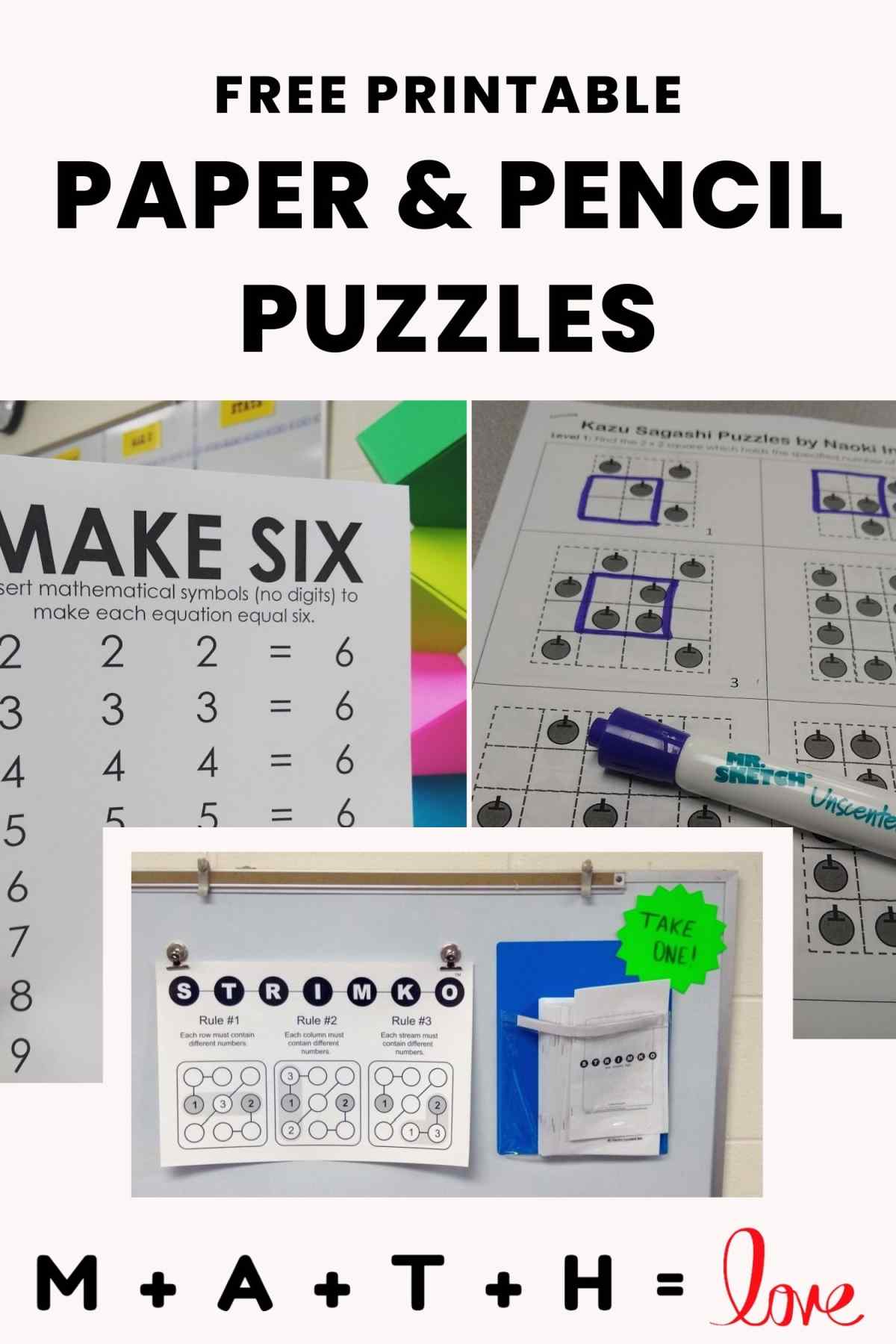
Strimko Puzzle Booklet
I am a huge logic puzzle fan, and one of my favorite new logic puzzle finds are Strimko puzzles. Check out this free printable book of strimko puzzles from the Grabarchuk family. My students always say these puzzles remind them of “sudoku but more fun.”
Make Six Puzzle
The Make Six Puzzle looks simple, but it will definitely exercise your students’ brains as they try to find all of the solutions. I recommend printing a class set of this puzzle and giving it to students in dry erase pockets. Can you make each equation equal six?
20 x 9 Challenge
The 20 x 9 Challenge asks students to create the number twenty in nine different ways. Some of the solutions are easy to find. Others will drive your students crazy!
How Far Can You Climb?
If your students are competitive, they will love this How Far Can You Climb? Puzzle from Frank Tapson. I give this puzzle to students in a dry erase pocket so they can erase their paths through the maze as they try to find the highest scoring route.
5-4-3-2-1 Challenge
This 5-4-3-2-1 Challenge is a fun review of the order of operations and an excellent reminder of the importance of parentheses! How many of the forty solutions will your students be able to find?
Hidato Puzzles
Hidato Puzzles (or Hidoku Puzzles) are a creation of Dr. Gyora M. Benedek, an Israeli mathematician. The Hebrew word “hida” means riddle. In a hidato puzzle, you are given a grid with a selection of the numbers already filled in.
Your task is to fill in the missing numbers so that each number connects to the next number either horizontally, vertically, or diagonally. 1 must connect to 2, 2 must connect to 3, and so on.
Shikaku Puzzles
Shikaku Puzzles are a geometric-based logic puzzle from Japan. The goal is to subdivide the grid into rectangles (and squares) so that the number in each rectangle refers to the area of that rectangle. Only one number may appear in each rectangle. Additionally, no rectangles may overlap.
Kazu Sagashi Puzzles
I prefer to call these Apple and Orange puzzles when I introduce them to students because they involve drawing boxes that include various numbers of apples and oranges. Sounds simple, right? I promise that these Kazu Sagashi puzzles from Naoki Inaba will keep your students entertained and puzzled for a good 30 minutes!
Hands-On Puzzles & Activities
The hands-on activities are a great opportunity to explore some of the more interesting math concepts that you just don’t have enough time for during the regular school year. I think there is great benefit from tackling mathematical activities even if they don’t align to the math standards for 8th grade math or whatever class you teach.
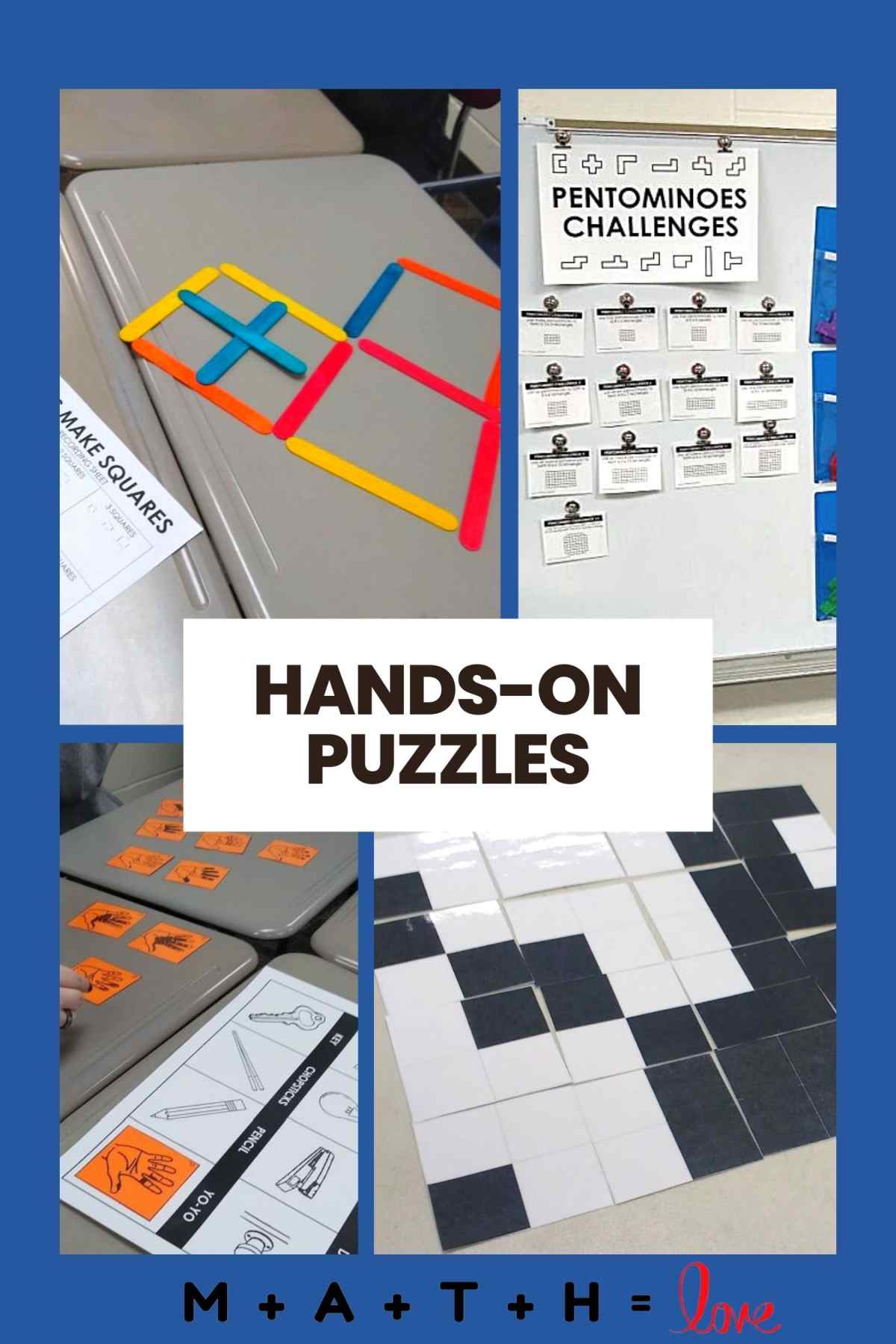
Let’s Make Squares Activity
I used the Let’s Make Squares activity from Kagan’s Cooperative Learning book on the first day of school this year, but if you didn’t use it during the first week it will make a perfect cooperative group activity to wrap up the end of the school year.
Your students will need popsicle sticks or strips of colored paper to use to build the given number of squares. This activity is a great conversation starter, and it involves lots of critical thinking.
Ink Stain Matching Activity
I have used this ink stain matching activity both with students at the beginning of the school year and the end of the year. Students must pretend that a group of objects has been entirely covered in ink. They must match up a set of ink-stained hands with the objects to determine which hand handled which object.
Students really enjoy this fun challenge, and it is a definite conversation starter!
Lonesome Llama Activity
The Lonesome Llama activity requires students to work in a group and practice their communication skills as they try to determine which card in the deck does not have a match. If you tried this activity with students at the beginning of the year, there are several other versions featuring different objects at the bottom of the post that you could try with your students.
DIY Instant Insanity Puzzle
All you need to make your own DIY Instant Insanity Puzzle is a set of wooden cubes and some colored paint or dot stickers. Once the puzzle is built, will your students be able to build a tower using the blocks that does not repeat colors on any of the sides? As the name implies, this puzzle will drive your students insane!
Tangram Puzzles
I believe that every classroom needs a set of tangrams. Check out this free collection of printable puzzles for your students to attempt to build using their tangrams.
Panda Squares Puzzle
Panda Squares is a fun color-matching puzzle with tons of different solutions for students to find. If you have ever played Izzi before, Panda Squares is an easier printable version of that puzzle. It was originally created by Ivan Moscovich, but it has been renamed and popularized by David Butler.
Pentominoes Challenges
In addition to a set of tangrams, I also think each math classroom needs a set of plastic pentominoes. There are so many different puzzles that you can do with students. I usually start them with this set of 13 free printable pentominoes challenges, then we venture off into the Star Pentominoes Puzzle, Elephant Puzzle, Terrier Puzzle, and Penguin Puzzle.
Skyscraper Puzzles
These last two hands-on puzzles involve linking cubes. These skyscraper puzzles are a latin-square type puzzle that require students to figure out where various skyscrapers must be built based on numbers written around the outside edge of a grid. These numbers tell how many skyscrapers can be seen from that vantage point.
These puzzles take a bit of explaining for students to wrap their minds around, but they can occupy students for an entire class period after the initial teaching process!
Build It Activity
Build It is a cooperative, team building activity from the book Get It Together: Math Problems for Groups that encourages students to work together, communicate, and think logically as they construct a geometric object from linking cubes to satisfy a set of given clues. If you’re looking to work on vocabulary, this activity introduces/reinforces words such as “face” and “edge.”
Origami and Paper Folding Projects
Origami is one of my favorite fun math activities to pull out at the end of the school year. I often have origami displayed around my classroom, and students beg all year to do origami. So it’s really a special time when I finally break out the origami paper and show them how to create some fun paper folding projects.
Origami is a great tool for practicing problem-solving skills. The amount of brain work that goes into deciphering a set of origami steps is hard work!
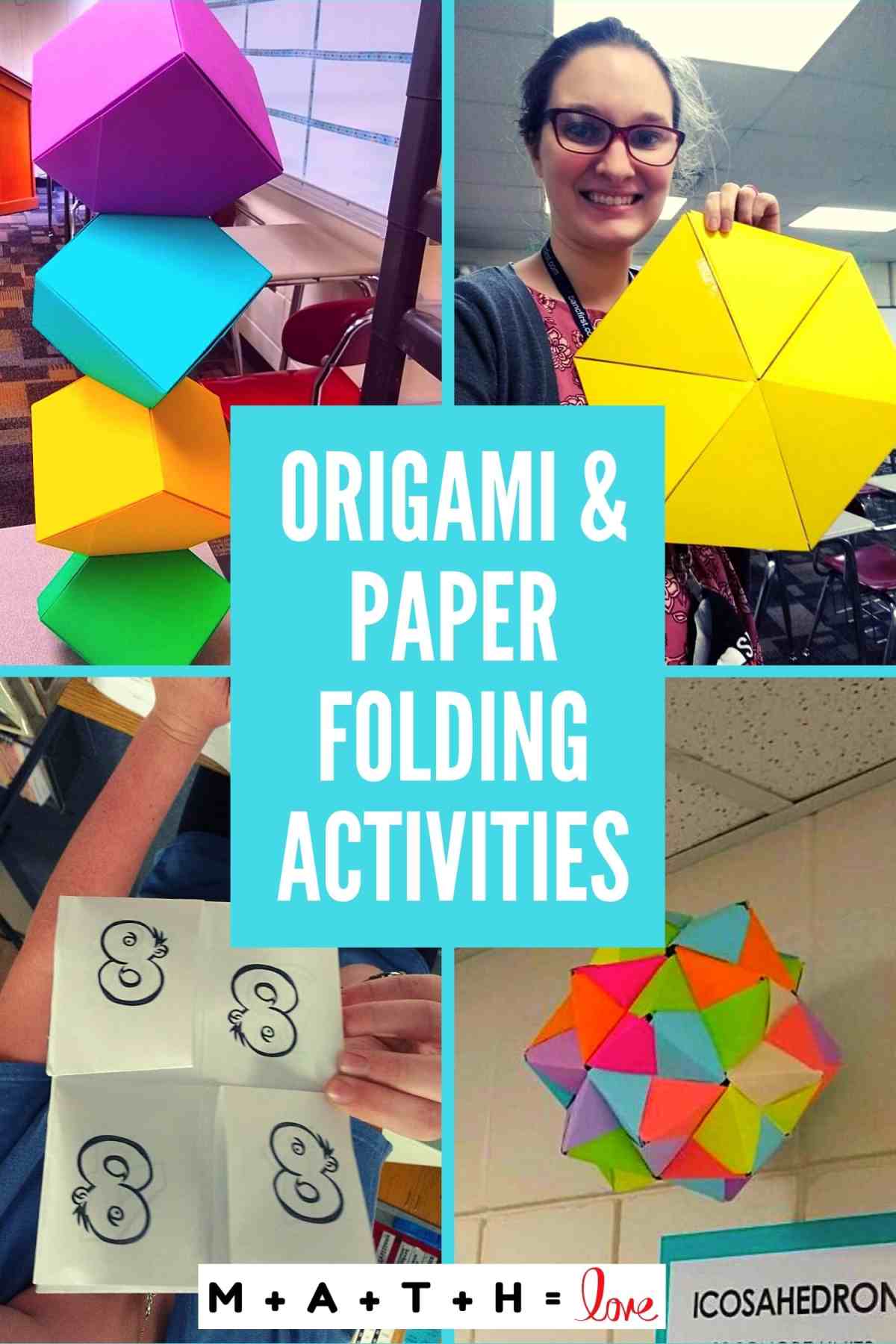
Modular Origami with Sonobe Units
I love introducing students to modular origami. This is a great class-wide origami project since there is only one piece that students must learn to fold. After students learn to fold the sonobe unit, they can build as many pieces as they want and assemble them to build various different objects.
Hexaflexagons
Hexaflexagons are a fun paper-based toy that is created from a strip of equilateral triangles. Students will love discovering and coloring the different sides of the hexaflexagon. If your students love playing with fidget toys, think of the hexaflexagon as the ultimate build-it-yourself fidget toy.
Crazy Eight Paper Folding Puzzle
The crazy eight paper folding puzzle is actually eight different puzzles in one. It’s easy to build, but hard to solve! I love dividing my dry erase board up into eight different sections so students can add their name to each section as they solve each of the paper-folding puzzles.
Origami Columbus Cubes
An origami columbus cube tower is a fun origami project that creates an impressive and eye-catching final product. I have a columbus cube tower on my desk as a fun, mathematical decoration, and students beg all year to learn how to build one themselves. The end of the school year is the perfect time to let students build this fun origami project.
Eight Lettered Squares Puzzle
Similar to the Manifold Origami Puzzle, the eight lettered squares puzzle gives students a strip of paper featuring eight letters which they must fold so that the letters are in alphabetical order. It’s easy to explain, but hard to figure out!
Reflection Activities
Close out the year by having your students take a closer look at all of the things they learned this year. They might just be surprised at how much they learned in your class! Seeing what things they remember is also a great tool to help you as you reflect on the school year and the changes you want to make going forward.
Learning from A to Z Activity
Help students to reflect on everything they have learned over the course of the school year with this Learning from A to Z Activity. Students must come up with something they learned that starts with each and every letter of the alphabet.
Alphabetical Advice
I also like to have my students reflect on the year by having them create a set of advice for future students beginning with each letter of the alphabet. I have each student write their own advice, then we compile a set of the best alphabetical advice for future students.
End of Year Concept Maps
Another way to encourage students to reflect on the past school year is to create a concept map summarizing the main ideas of the course and their connections. It always impresses me what students come up with!
End of Year Letters of Advice
My students always groan when I ask them to write letters of advice to future students at the end of the year. They are always a lot of fun for me to read, and they give me great feedback on what my students enjoyed and did not enjoy during the school year.
More Printable Paper and Pencil Logic Puzzles
- Blank Sudoku Grid Printable
- Sixes Number Challenge
- 3-1-4 Pi Day Number Challenge
- Sankaku Puzzles
- Strimko Puzzles in the Classroom
- Square Sudokus
- Make It Pythagorean Puzzles
- Number Ball Puzzles by Naoki Inaba
- Hidato Puzzles
- Step Puzzles by Naoki Inaba – A Logic Puzzle for Introducing Arithmetic Sequences
- Kazu Sagashi Puzzles from Naoki Inaba
- Factor Tree Puzzles Inspired by Dr. Harold Reiter
- Strimko Logic Puzzles Review
- Tents and Trees Puzzles
- Slants Puzzles
- Angle Mazes by Naoki Inaba
- Zukei Puzzles
- Japanese Logic Puzzles for the Secondary Math Classroom
- Area Maze Puzzles from Naoki Inaba
- Masyu Puzzles
- KenKen In The Classroom
- Futoshiki Puzzles
- Hashi Puzzles
- Shikaku Puzzles
- Nonogram Puzzles
- Digit Cells Puzzle

